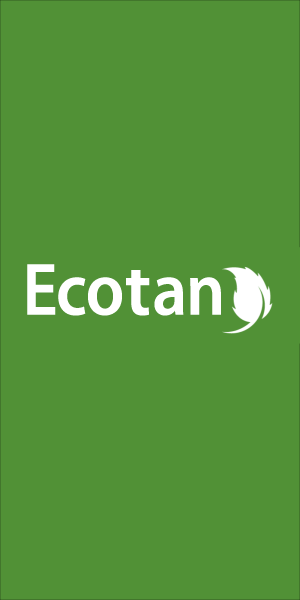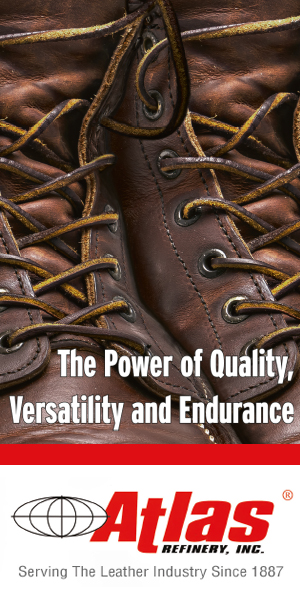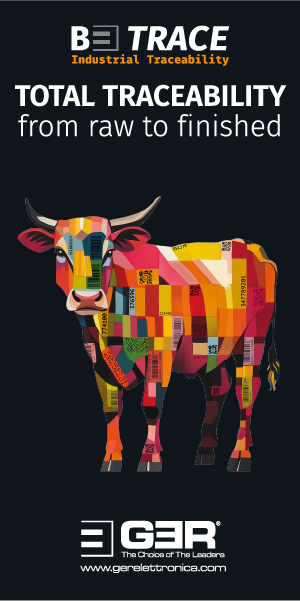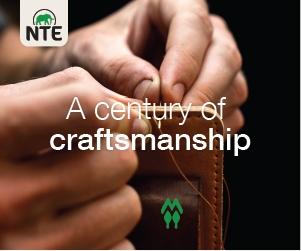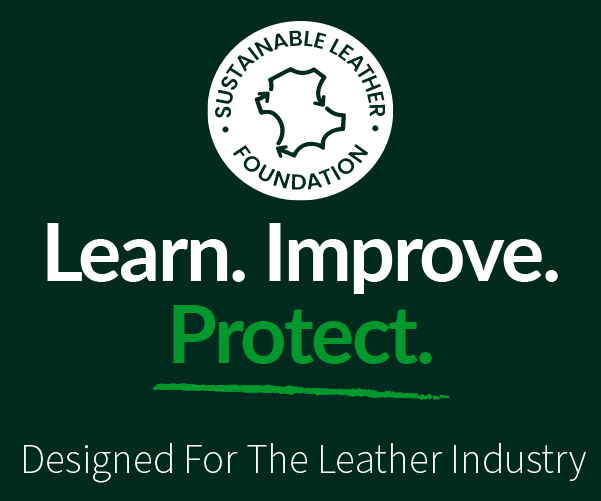Next-generation industry leaders

A post-graduate master’s programme in innovative leather technology involving four institutions in four countries will welcome its first students in October 2023. They will help the sector fill important skills gaps and prepare a new generation of leaders for the global leather industry.
More details have emerged of an ambitious new project that aims to bring talented, knowledgeable, professional young people into leadership roles in the leather industry. Announced last September, the Leatech project will formally launch this October, with students from different parts of the world embarking together on a new Master’s degree programme in innovative and sustainable leather technology.
Full-funding will be available for a large number of students, possibly as many as 100 of them over a four-year period, to take part if the project receives the green light from Europe’s Erasmus Mundi programme for educational development. If the support from Erasmus comes through, successful applicants will not only receive high-quality teaching, practical training, an advanced degree and their pick of employment afterwards at some of the most innovative, sustainable and progressive leather companies in the global market — and they will also get to travel the world and make friends for life, with all of their travel, tuition, subsistence and accommodation costs being met.
The leather industry’s representative body in the European Union, COTANCE, has calculated that the value of the scholarships available to students will be around €1,400 per person per month. COTANCE is a project partner for Leatech and formally submitted it for approval from the European Commission, which runs Erasmus, in February this year.
Centres of learning
Four participating universities are in place (there is scope for others to join in the years ahead) and preparations are already under way to deliver a diverse, in-depth teaching programme, in person, in English, starting with an initial intake this October.
Students will spend the first semester in Spain, at the University of Lleida’s A3 Leather Innovation Centre in Igualada. Following that, they will spend the second semester of the two-year course at the leather engineering department at Ege University in Izmir in Turkey, taking them to the end of the first academic year of the course. At that point, the Leatech group will travel to Mexico for a summer school at the Centre for Applied Innovation in Competitive Technologies (CIATEC) that runs in León, Guanajuato.
In the second year of the course, the Leatech project will move to France for a semester. The host institution there will be the ITECH engineering school in Lyon. For the final semester, students will be able to choose which of the four centres of study they want to return to. Each of the four has its own specialisms: automotive leather in León, circularity, traceability and sustainability in Igualada, small-skins tanning and biobased technologies in Izmir and advanced engineering and colour management in Lyon. The students will complete the course and receive their Master’s degrees midway through 2025.
Companies need talent
COTANCE secretary general, Gustavo González-Quijano, says the new course is exactly what the leather industry needs. He quotes the findings of an earlier project, one to promote digital skills among people working in leather, footwear, textiles and clothing in the European Union. It began in 2017 and delivered its conclusions at a conference in Brussels in early 2019.
Surveys of companies in the leather sector took place as part of this project and identified a need for a new generation of professional leather technologists. Companies said they wanted people with good knowledge of leather and leather-making processes, but they also had a need for people who understand the advanced technology now integrated into tanning machinery, people who can bring into the tannery the digital skills that will allow manufacturers to use that technology to maximum effect.
Leatech’s promise is that its graduates will provide the industry with young professionals who have these qualities and a deep appreciation of the sustainability, traceability and circularity stories that the leather sector can tell. It will help them communicate well about the lifecycle analysis exercises that their future employers are working on now.
The initial announcements around Leatech resulted in COTANCE receiving 26 letters of support and commitment from different parts of the industry. Some companies have said they are happy to offer work placements to let the students see how the ideas they have studied work in practice. Some are interested in securing and funding a place for employees of their own. Apart from leather manufacturers, companies that use leather in finished products, including high-end leathergoods brands, have come forward to express an interest.
Funding available
It is clear from this that not all of the Leatech students will be part of the scholarship programme. As a starting point, though, Gustavo González-Quijano is confident there will be funding for 60 people from the main Erasmus fund. He is also aware, however, of a number of “Erasmus sub-programmes” from which extra scholarship places might be funded. He thinks securing as many as 35 places from one of these and up to 10 from another might be feasible. His vision is that students across four intakes will avail themselves of these scholarship places spanning, perhaps, four intakes of around 25 funded places each time. Each intake will also have some self-funded or company-funded classmates.
The application process for the inaugural intake is open now and will remain open until May 31, 2023. Students will have to convince the admissions committee of their academic excellence, of the value of any professional experience that they have gained so far and of their personal motivation. They will have to perform well in an interview and supply references. The first of these components will count towards 50% of each applicant’s assessment. The admissions committee, made up mainly of academics from the participating universities, are looking for people with a technical background, perhaps in chemical engineering, environmental science, biotechnology and similar disciplines at undergraduate level. Previous work experience will count for 10%, the personal statement to show how motivated they are will count for 15%, performance at interview another 15% and good references from previous tutors 10% (two references for each applicant will be required).
Shift in perception
The project team will tell students on July 3 if they have won a place on the course and will announce the allocation of scholarship funding for this first intake on July 10, giving the successful applicants the rest of the summer to prepare before travelling to Igualada to get started. The assessment process will be rigorous and the group that emerges will be vibrant and, because no more than 10% of students of the same nationality can win one of the scholarships, it will also be diverse and international.
Above all, these students will make a talented bunch. “We need to bring these talented people into the industry,” Gustavo González-Quijano says. “We need them to become our next generation of industry leaders. This is the challenge.”
Students at the A3 Leather Innovation Centre in Igualada.
Credit: A3 Leather Innovation Centre-University of Lleida








